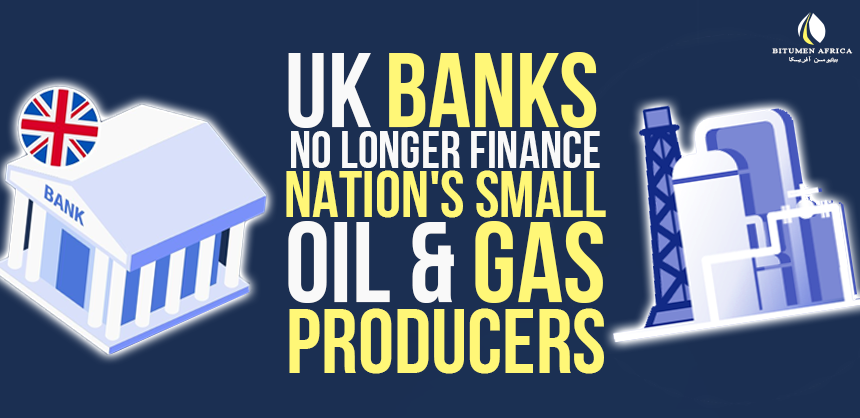|Bitumen Africa|
Sunday, June 23, 2024 10:00AM
There is no longer a single British bank financing the smaller independent oil and gas producers that account for the bulk of output and investment in the North Sea, according to Neptune Energy.
“The future of the North Sea is now dependent upon the US banks or Norwegian banks and not on the UK banks,” Julian Regan-Mears, vice president of strategy, integration and corporate affairs at Neptune Energy, an oil and gas explorer, said at an event hosted by Offshore Energies UK in London.
“If you aren’t able to generate cash from your existing business, you aren’t able to recycle that capital and make investments in the energy transition.”
Changes in the tax regime, in particular a windfall levy on oil and gas introduced two years ago and extended until March 2029, has affected independent oil and gas producers listed in the UK and their ability to raise money.
Bank financing for the sector is typically based on the value of reserves, which drops when there’s an increase in the tax rate. This means producers can borrow less, said Regan-Mears.
“We’ve seen reserve-based-lending values reduced considerably, 25% to 40% in some cases” said Regan-Mears.
The comments from Neptune Energy, which operates the UK’s largest single producing gas field supplying around 6% of UK gas, highlight growing challenges for the North Sea industry.
Keir Starmer’s Labour Party — which is poised to win in the UK’s general election according to opinion polls — plans to increase the windfall tax by 3 percentage points and extend it to the end of the next Parliament, as well as reducing tax allowances related to investments.
The party also plans to stop issuing new oil and gas exploration licenses.
Those initiatives could lead to more consolidation in the British oil and gas industry, according to Regan-Mears.
“When bank finance reduces then scale tends to win so the bigger you are the more successful you are,” he said.

